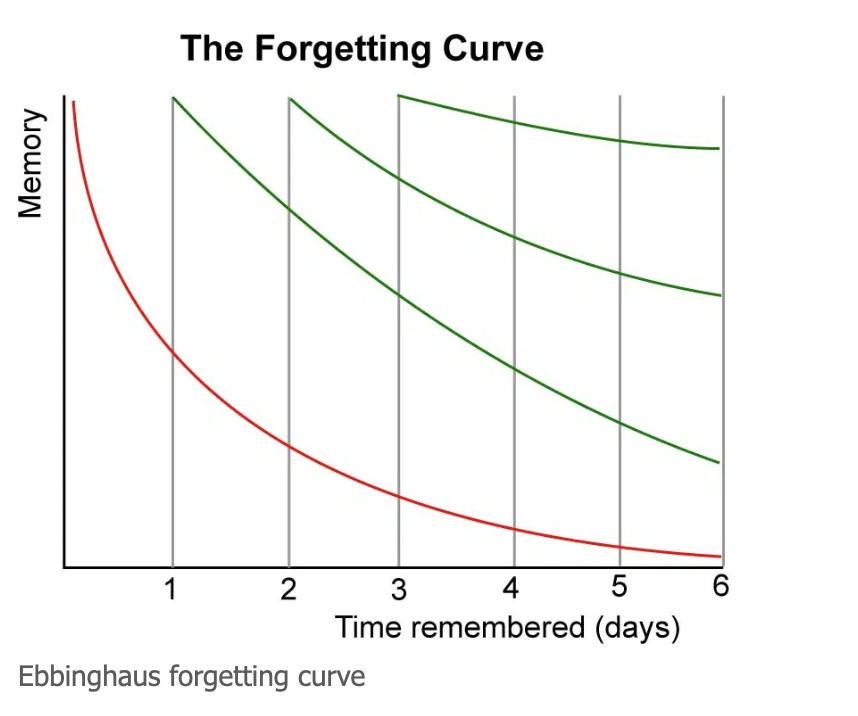Why Daily? (Short, Frequent Sessions as a Starting Point)
1. Build the Muscle (Fast)
We meet daily at first (just 10-15 mins a night) because it quickly builds a habit.
Clients learn to look at their tasks every single day, with someone who asks them questions about it.
It’s frequent enough that it becomes a routine. Once-a-week can work … but typically not at first. There’s too much going on.
2. Small Doses, Low Friction
Because the meetings are short, the "dosage" feels manageable.
Another long meeting in an already-packed schedule can be overwhelming at first.
We’re trying to keep friction low, engagement high-ish, and rapport steady. You jump on, quickly set the plan. “Did Mandarin get done?” “How did your AP Econ quiz preparation go?” “What’s happening tomorrow in Algebra 2?”
It’s fast, simple, clear.
3. Daily Isn’t Forever (I promise)
Daily sessions aren't a lifelong plan. It's just the "intensive dosage." After three weeks, you reassess:
Is it better to switch to every-other-day check-ins?
Can they step back to weekly?
Or are they “good” …? i.e, Mom and Dad can manage it?
The goal is gradual fade-out.
Some students learn the habit, internalize it, and ideally need less and less “external” guidance over time. Of course they occasionally will need a refresh, like we all do. Other students might need a coach more long-term. It really depends.
4. Avoiding “Fool’s Gold”
Short-term wins without maintenance are fool’s gold. After the initial intensive burst, some students think they're "fixed," but without ongoing reflection and planning, they quickly revert. It’s a classic forgetting curve:
Executive function skills like planning and time management are no different than exercise, or playing piano; they fade without reinforcement.
5. Structured Maintenance
Some kids and families like the daily rhythm and want to continue. Maybe 1 in 10.
Most kids, though, appreciate having time back once the habit feels solid.
At that point, you want to introduce a structure they can easily return to:
Periodic check-ins
Weekly resets
Occasional refreshers
This prevents the cycle of progress → fade-out → stress → starting over.
***
The daily model is powerful precisely because it’s short, frequent, and low-stakes. But it’s also temporary by design, and intended to build a sustainable skill. The ongoing maintenance, whether daily or weekly or monthly, is essential. Without it, gains fade fast; with it, time management becomes a lasting habit.

